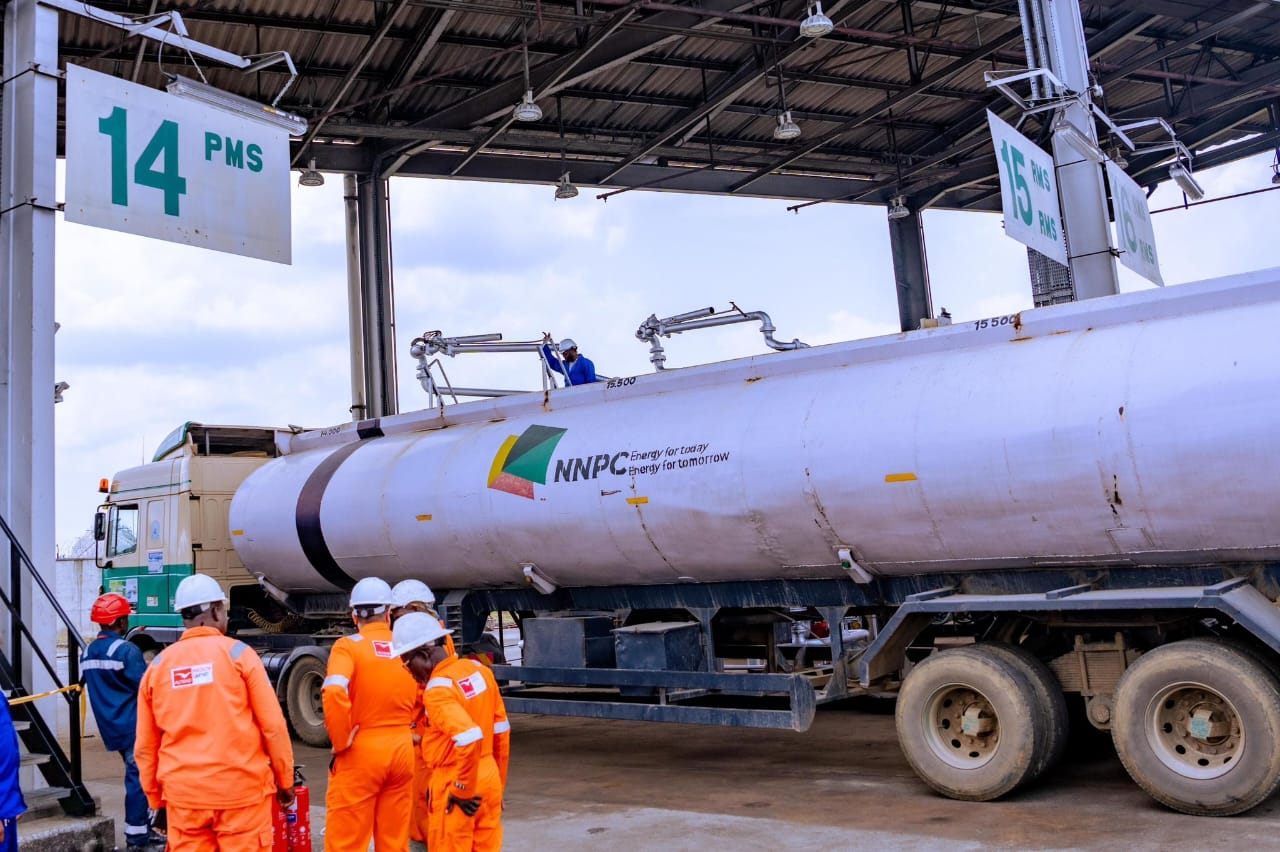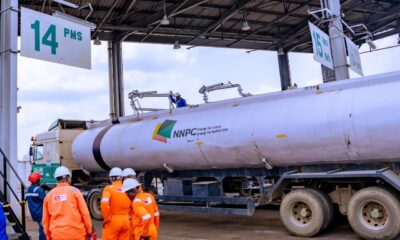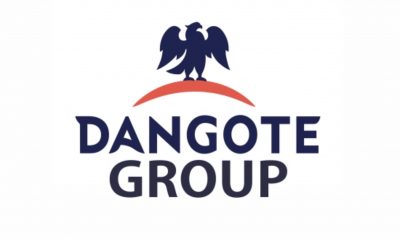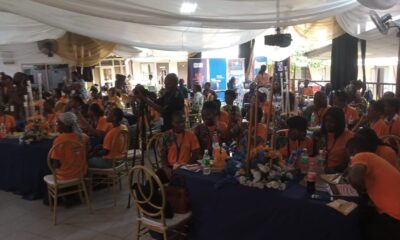Business
Nigeria, Chad Conclude Border Demarcation Exercise – D-G
The Director-General, Na
tional Boundary Commission (NBC), Dr Muhammad Ahmad, has said last Wednesday that Nigeria and Chad had concluded their border demarcation exercise.
Ahmad told newsmen in Abuja that the exercise had also been ratified by both countries.
He said that Nigeria was committed to resolving all its international boundary disputes.
According to him, the border demarcation exercise revealed that some of the pillars had deteriorated due to aging.
He said that countries of the Lake Chad Basin Commission (LCBC) comprising Nigeria, Niger, Cameroon and Chad, had assembled their technical experts including the commission’s experts, with a view to evolving strategies toward replacing the aging pillars.
On the Nigeria/Cameroon border issue, the director-general said: “We have gone to define the judgment of the International Court of Justice regarding the demarcation of the boundaries.
“We have almost concluded the demarcation except a 64km-length that incidentally happens to be in the areas where Boko Haram was active, so we could not work much.”
He identified the areas as Mubi South, Mubi North, Maihe and Madagali Local Government Areas of Adamawa.
Ahmad also said that the exercise was disrupted by Boko Haram in Gwoza, Bama and Gaborungala Local Government Areas of Borno State.
“All those areas are the axis where Boko Haram dominated; they had almost taken over the territory; we cannot do any work for now.’’
Furthermore, he said that in the demarcation of the Nigeria/Benin Republic boundaries, the commission had taken the necessary actions needed to ensure that pillars were replaced in some of the grey areas.
“The commission is making every necessary effort to ensure that the demarcation is done. If we are to resolve a dispute, we have to resolve it together.
“Sometimes the Benin side will be ready, Nigeria will not be ready and sometimes Nigeria will be ready, Benin will not be ready, so it goes like that.
“The most important thing is that the two countries have been able to maintain peace and order along the border.’’
The director-general said that along the Nigeria/Niger international boundary, the commission had gone far in the emplacement of primary and secondary boundary pillars.
He said that the commission had also evolved a list of actions to be in 2015 for the continuation of the pillars emplacement exercise along the boundary.
The commission was strategising along three grey areas in its dispute resolution efforts, he said.
According to him, the commission has visited the Europe Public Repository in search of necessary documents that would assist it in the re-demarcation of such areas.
“But during the demarcation process, we find out that some of the villages are straddling, that is to say that the boundary line has gone to a village.
“Either that the boundary line entered into Nigerian village or it has joined Nigerien side.
“Our technical experts will go back to identify the boundary line and work on it for proper demarcation. So, we have not been able to resolve the dispute.”
However, Ahmad said the commission would meet the Nigerien authorities to discuss the possibility of some kind of territorial exchange much later.
Business
PH Refinery Fully Operational – NNPC

Business
Revenue Mgt: NEITI Wants Improved Fiscal Discipline, Transparency … As FAAC Disbursement Hits Record N15.26trn
Business
Trans Niger Pipeline In Rivers Resumes After Fire Incident
-

 Business5 days ago
Business5 days agoPH Refinery Fully Operational – NNPC
-

 News5 days ago
News5 days agoDangote Stops Petrol Sale In Naira, Gives Condition For Resumption
-
Sports5 days ago
Nigeria Finishes Second At IHF Tourney
-
Niger Delta5 days ago
Police Nab Man For Killing Girlfriend
-
Nation5 days ago
‘Education, Powerful Tool For Equipping Visionary Leaders’
-
Politics5 days ago
Senate, Reps Endorse Emergency Rule In Rivers, As Akpabio Shuts Down Dickson
-

 Entertainment4 days ago
Entertainment4 days ago“French Up Your Career” PH, 2025 :Consul General Of France Harps On Proficiency In French
-
Sports5 days ago
Aruna Up For $275k WTT Chennai

